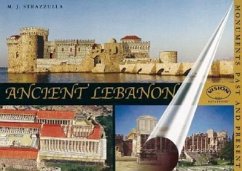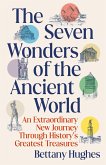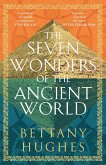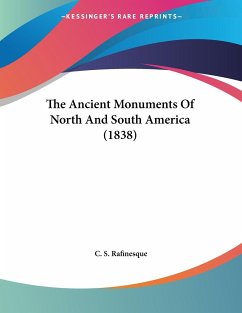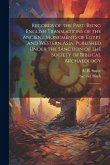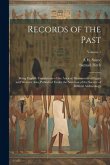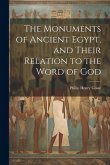The borders of present-day Lebanon, which were established as recently as 1920, coincide in part with those of Ancient Phoenicia, which was both the cradle of ancient civilization and the source of the linear alphabet, the basis for all Western alphabets. The book begins with a brief history of this cultural crossroads, describing its invasion by successive waves of ancient peoples, including the Assyrians, the Babylonians, the Persians, the Romans, and the Arabs, each of whose influence can still be seen in surviving ancient structures. The authors examine sixteen important monuments at eight archaeological sites in Lebanon, including Baalbek, site of the grandiose sanctuary of Jupiter Heliopolitanus and considered to be one of the seven wonders of the world; the Roman theater in the ancient city of Byblos; the massive Roman Hippodrome of Tyre; and the Crusader castle in Sidon, built by medieval Christians on their way to the Holy Land. The analysis of these monuments, illustrated both as they appear today and with overlays indicating how they probably looked in ancient times, provides fascinating insights into this ancient land, where many cultures have met and struggled for supremacy.
Hinweis: Dieser Artikel kann nur an eine deutsche Lieferadresse ausgeliefert werden.
Hinweis: Dieser Artikel kann nur an eine deutsche Lieferadresse ausgeliefert werden.

